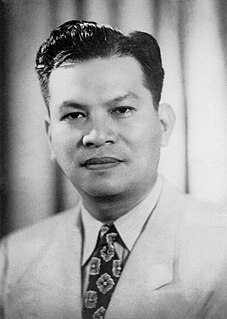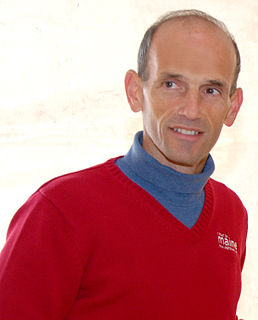A Quote by Charles Krauthammer
I think if you're going to master policy, especially world affairs, you've got to know history.
Related Quotes
When I got to MIT, I discovered a really interesting Master's program called the Science and Technology and Policy Program - it taught people with a background in STEM how to think about science and tech from a policy perspective. It was a great way to understand how to communicate science to a policymaker or a layperson.
The problem is the policy makers don't have practitioners in the policy team. You won't make an IT policy without consulting a Narayan Murthy or Nandan Nilekani. But for energy, people think they know everything and they know what to do for it. That's how the policies are created in Delhi and that needs to change.
When I went to high school - that's about as far as I got - reading my U.S. history textbook, well, I got the history of the ruling class. I got the history of the generals and the industrialists and the presidents that didn't get caught. How 'bout you? I got all of the history of the people who owned the wealth of the country, but none of the history of the people that created it.
We need a leader who has a sense of balance, an understanding of the ebb and flow of history and a sense of our country's unique place in it. This is a foreign policy debate, and you cannot conduct foreign policy without a sense of what we are fighting for. And any President who can reduce the conduct of this country's affairs to a morning's attack by a bunch of demented fascists does not, in my view, understand what this great nation is all about.

































